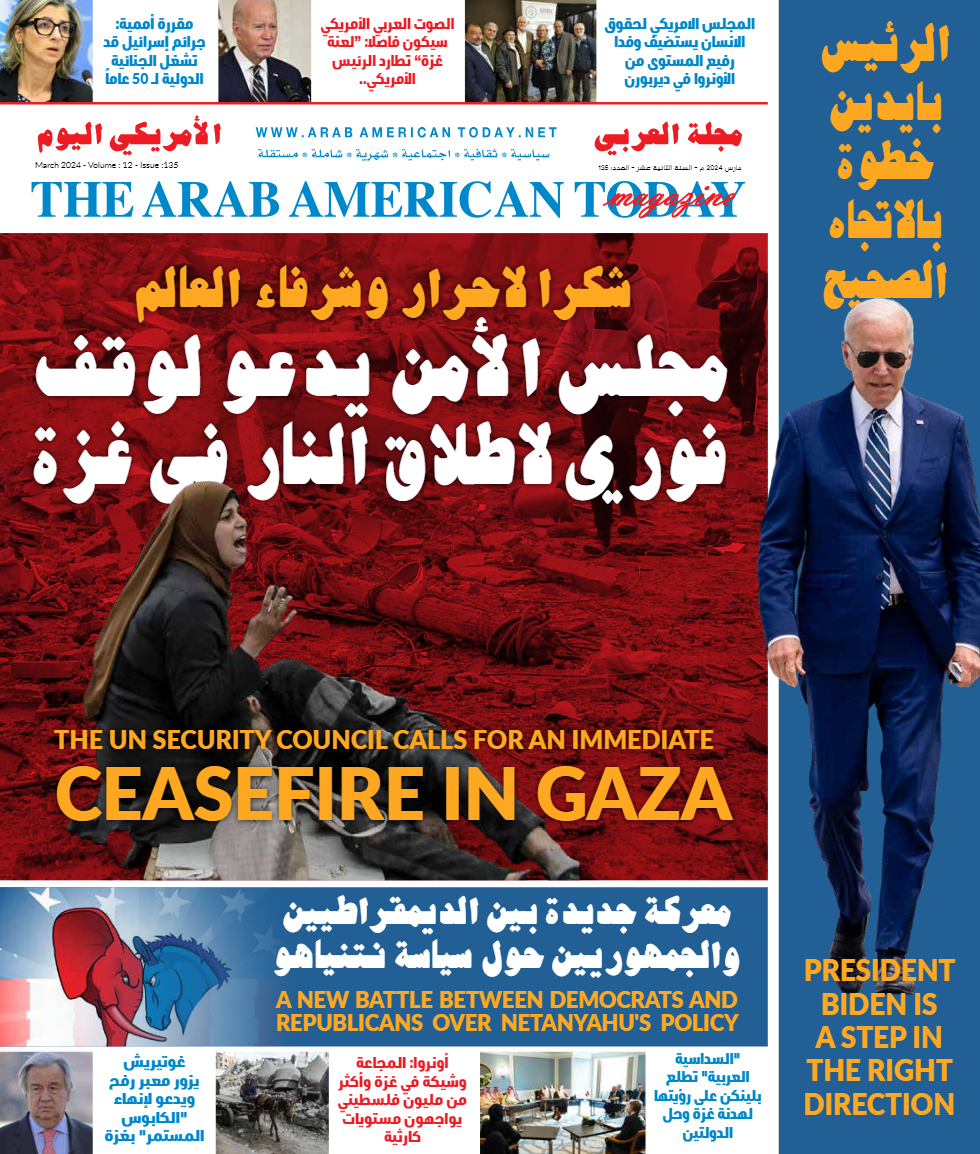
OIC has chance to take the lead in resolving Rohingya crisis
2021-07-06

DR. AZEEM IBRAHIM
Since the military coup in Myanmar in February, an umbrella opposition group, the national unity government, has been formed and has made attempts to unite the Burmese and non-Burmese civilian opposition in a formal challenge to the coup. This organization would be easy to recognize as the legitimate government of Myanmar, except for one thing: It currently excludes any representation from the Rohingya, which recently suffered genocide at the hands of the Tatmadaw and is the only ethnic minority group excluded in this way.
External recognition of the national unity government from the international community is important. However, it must be made conditional on the full incorporation of the Rohingya into the pro-democracy movement, into the government’s structures, and into the future polity of Myanmar. If necessary to achieve that goal, we must also demand the exclusion from the national unity government of those National League for Democracy figures most complicit in the previous persecution.
There is strong evidence, especially in the appointment of Aung Myo Min as minister of human rights, that the national unity government is open to this change of approach. Now is the time to lay the foundations of a sustainable, democratic future for Myanmar: The emergence of a genuine multiethnic compact upon which the state can be built anew. But the foundation stone of that compact needs to be the reinstatement of the historically most persecuted minority — the Rohingya.
The recent Association of Southeast Asian Nations (ASEAN) conference indicates the futility of trying to work with the military and the risk of legitimizing its role in Myanmar.
To resolve the issue of the coup, and of democracy in Myanmar, there are two possible tracks.
First, isolate the military. Myanmar should be suspended from all international bodies until the generals step down. Foreign investment has to stop and the sanctions aimed at individuals strengthened. This will leave them very dependent on China, which does offer some protection, but will also be unwelcome by a group that has always been deeply suspicious of foreign influences and control.
Second, the international community must back the national unity government. But this has to be conditional on it acknowledging the Rohingya as part of the legitimate population of Myanmar, even if that means that individuals such as Aung San Suu Kyi will be marginalized. If that is agreed, they need our support, moral and financial, and we should give it. We should give continuous reassurances that Myanmar will be rewarded and supported if it rejects the 2008 constitution and seeks a truly democratic future.
International bodies like the Organization of Islamic Cooperation (OIC) can play a critical role in these endeavors, and doing so represents a great opportunity for their own member states. The OIC already has standing on the issue of the Rohingya, as it has long supported their humanitarian cause. On the basis of the credibility the OIC has already built in this area, it can move to facilitate political dialogue and the solutions advocated here. What has been argued above does not need to be done by the US or the West. OIC members can take the lead on this issue in many ways.
The OIC enjoys considerable influence in many ASEAN nations, such as Malaysia, Indonesia and even within Bangladesh, which is hosting a significant Rohingya population. It thus has the ability to act as a convening platform, in partnership with the UN and ASEAN, to enable a “track 1.5 dialogue” between various parties to ensure the national unity government has the necessary support and recognition in the international arena.
The OIC can broaden its humanitarian credentials by supporting the interest in equal representation and protection for minorities in the national unity government and the future Myanmar, not just for the Rohingya but also for the other, non-Muslim ethnic minority groups caught in the crosshairs of the Tatmadaw.
Myanmar has substantial natural resources that differ from those available in most OIC member states, meaning that trade opportunities would be substantial. This is incentive for the national unity government to want to work with OIC members in the future, and it is incentive for the OIC and its members to cultivate friendly relations with a benign and open Myanmar that is neither wholly isolated nor entirely captured in the sphere of influence of China.
The wind already seems to be behind the pro-democracy uprising in Myanmar and its ultimate triumph seems increasingly likely by the day — even if it may take a couple of years to get to the desired outcome. Given this, the amount of diplomatic and financial investment required in the national unity government at this moment in time is relatively small, but the expected returns substantial; much more substantial than anything on offer from the isolationist Tatmadaw, in any case.
















